Why do I need Diving Logbook?
Created Date: 13 Nov
0 Comments
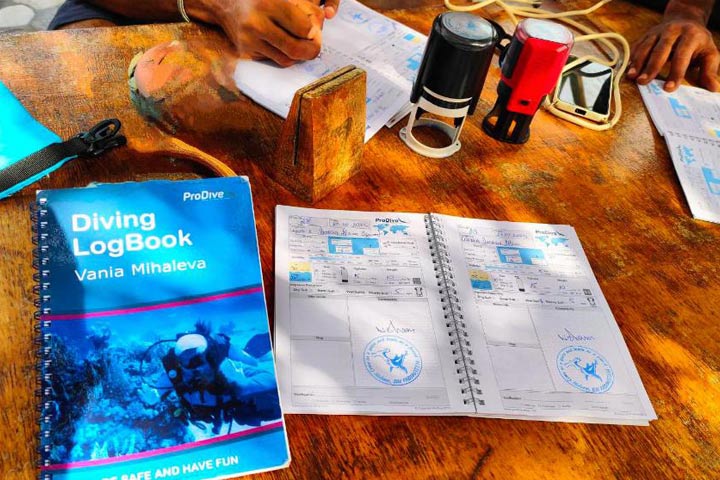
Here are 10 benefits of keeping a diving logbook:
Safety Record: A logbook allows divers to keep track of important safety information, including dive times, depths, and any issues encountered during a dive. This information can be crucial for identifying patterns or potential problems.
Dive Planning: By reviewing past dives recorded in the logbook, divers can better plan future dives. This includes choosing appropriate dive sites, managing air consumption, and setting realistic goals for skill development.
Skill Progression: Divers can use the logbook to track their progression in various diving skills, such as buoyancy control, navigation, and underwater communication. This helps divers identify areas for improvement and set goals for skill development.
Equipment Maintenance: Recording details about the equipment used in each dive can help divers keep track of maintenance schedules. This ensures that equipment is regularly inspected and serviced, promoting diver safety.
Environmental Observations: Divers can note observations about marine life, underwater conditions, and environmental changes in their logbooks. This information contributes to a better understanding of local ecosystems and can be shared with environmental organizations.
Memories and Reflections: A logbook serves as a personal record of memorable dives, allowing divers to reminisce about unique experiences. It can also be a space for reflections on lessons learned and personal achievements.
Certification Documentation: Many diving agencies require proof of a certain number of logged dives for advanced certifications. A well-maintained logbook serves as evidence of a diver's experience and eligibility for further training.
Emergency Preparedness: In case of an emergency, a detailed logbook can provide valuable information for rescue teams, including dive profiles, dive times, and any unusual occurrences during the dive.
Community and Sharing: Divers often share their logbook entries with fellow enthusiasts. This not only fosters a sense of community but also provides valuable insights for other divers planning to explore the same sites.
Scientific Contributions: Divers who log details about marine life sightings or environmental changes can contribute valuable data to scientific research. This citizen science approach aids in the understanding and conservation of marine ecosystems.
Overall, a diving logbook is a multifaceted tool that enhances safety, skill development, and the overall diving experience while contributing to the broader diving community and environmental conservation efforts.

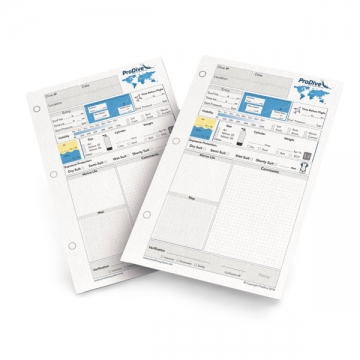
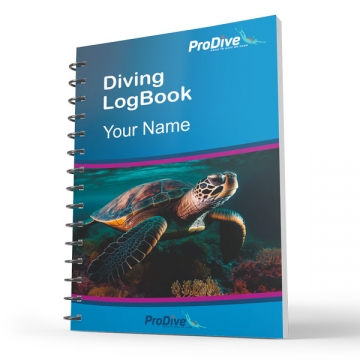
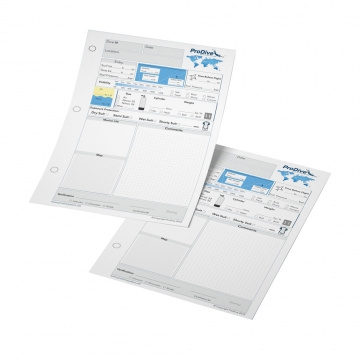


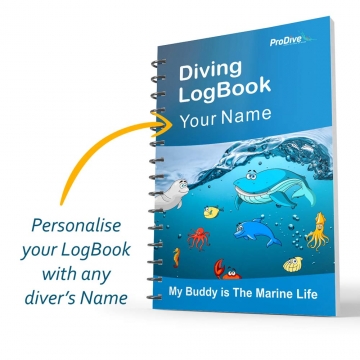
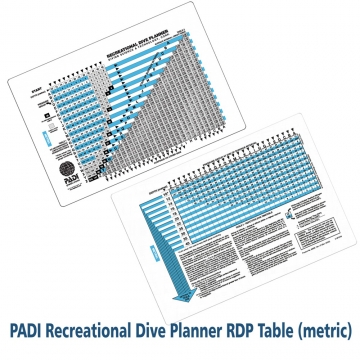


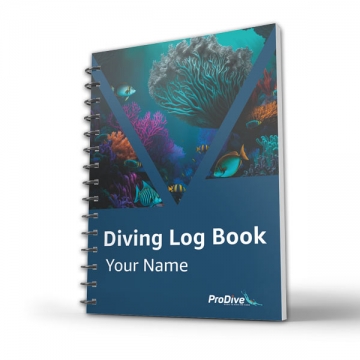

Leave your comment
Note: HTML is not translated!